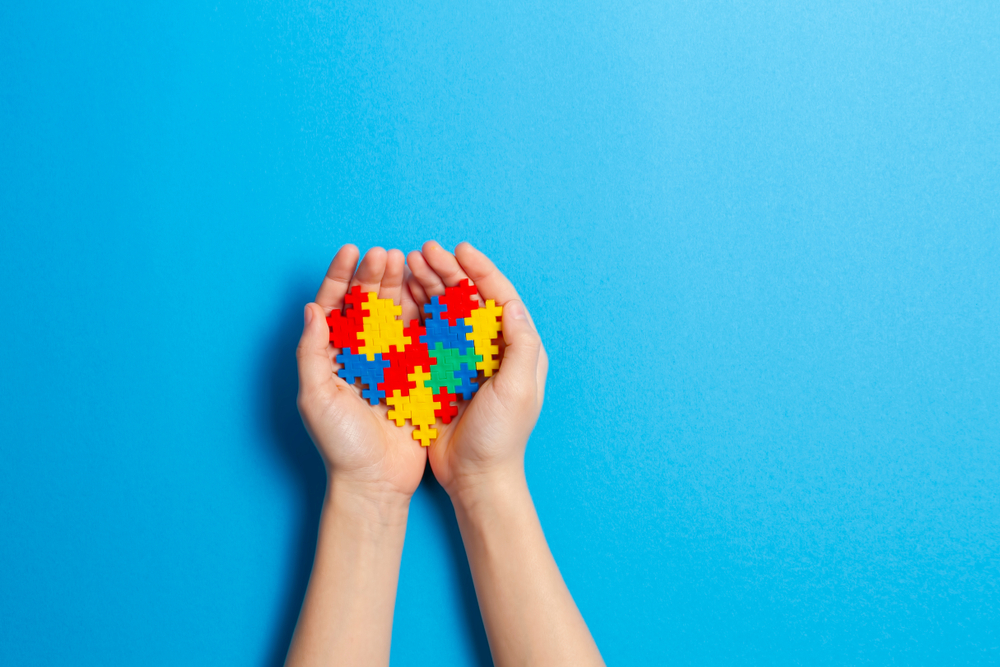Welcome to our new section, Thrive on Campus, devoted to covering the urgent issue of mental health among college and university students from all angles. If you are a college student, we invite you to apply to be an Editor-at-Large, or to simply contribute (please tag your pieces ThriveOnCampus). We welcome faculty, clinicians and graduates to contribute as well. Read more here.
Self-care is incredibly important to being able to deal with everyday stressors, prevent burnout, and generally improve an individual’s quality of life. It can boost self-esteem, improve physical health, and increase productivity. However, many articles discuss self-care through a rather ableist lens, leaving a large portion of people who could benefit from a self-care practice, at best in the dark, and at worst shut out and ignored.
Ableism is the discrimination against people with physical, intellectual, or psychiatric impairments. For differently abled people even the best-intentioned self-care strategies seem out of reach and disregards that individual’s unique set of needs and struggles. This nagging sense of feeling left out, inadequate, and like they are “not quite right” is all too familiar for autistic women.
Although most people experience varying amounts of anxiety throughout their lives, for many autistic women, their lives are built on anxiety. From a young age, girls with autism may “pass” as neurotypical by observing and mimicking social behaviors in a strategy known as camouflaging. Autistic women are able to give the illusion of eye contact by looking at the spot between a person’s eyes. They script social interactions, maintain rigid control of their speech, and practice a regular conversation with the same vigor and determination as a neurotypical person preparing for a massive presentation. Jennifer O’Toole, author of Autism in Heels, describes camouflaging as “impersonating someone else’s world. And it’s a full-time job… If we don’t camouflage well, we tend to find ourselves ridiculed, shamed, ostracized, or abused.” The constant stress of having to micromanage every social interaction leaves autistic women exhausted and chronically stressed.
If this weren’t enough, autistic women are under-diagnosed, and most of them receive their diagnosis much later in life. Without a diagnosis, they don’t know why they can’t handle the neighborhood pool, struggle to adapt to a change in routine or plan, or don’t easily intuit the complex, unwritten code of social interactions. Their struggles with emotional regulation, problem-solving, compulsions, and impulsivity — in combination with a lack of resources and support — makes these women more vulnerable to substance abuse, cutting, unsafe sex practices, self-harm, and abusive, toxic, or manipulative relationships. If they do ask for help or react outwardly, they are frequently dismissed and instead are labeled “too sensitive,” “too needy,” and “too much.” So instead, autistic women internalize their intense feelings, acting in rather than acting out, and become perfectionists, believing that if they do everything right, they will be accepted.
“What looks like coldness to the outside world is, in fact, a response to being overwhelmed by emotion… a tidal wave of compassion that breaks our hearts.”
Jennifer O’Toole, Autism in Heels
Contrary to the pervasive belief that they lack empathy or cannot recognize emotions, autistic individuals are actually often overwhelmed by empathy and emotion. O’Toole writes, “What looks like coldness to the outside world is, in fact, a response to being overwhelmed by emotion… a tidal wave of compassion that breaks our hearts.” All of this empathy and feeling, combined with their difficulty in understanding manipulative or vindictive behaviors, puts them at a far greater risk for emotional and physical abuse. According to one study, nine out of 14 women with autism had been sexually abused. The additional combination of high amounts of affective empathy, perfectionism, and a lack of support and emotional regulation, puts autistic women at a much higher risk for developing eating disorders. In fact, one study found that 23 percent of anorexia nervosa patients had autism spectrum disorder.
It is clear that the needs of women with autism are going unmet. So where does that leave self-care? Sensory challenges, a lack of accommodations, and processing difficulties commonly experienced in women with autism leave almost no room or energy for self-care. However, adequate self-care can give them the resources they need to help them deal with sensory issues, improve their resiliency, and integrate self-compassion into their lives. The second part of this series will offer some tools and ideas for self-care for autistic women.
Subscribe here for all the latest news on how you can keep Thriving.
More on Mental Health on Campus:
What Campus Mental Health Centers Are Doing to Keep Up With Student Need
If You’re a Student Who’s Struggling With Mental Health, These 7 Tips Will Help
The Hidden Stress of RAs in the Student Mental Health Crisis


